Working out fuel economy and emissions rules: Federal officials met last month with California Air Resources Board members to work out differences in fuel economy 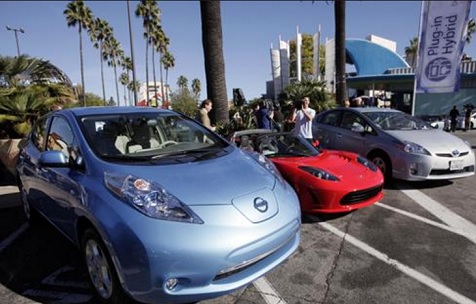 and emissions standards. On Dec. 15, William Wehrum, head of the Environmental Protection Agency’s Office of Air and Radiation, National Highway Traffic Safety Administration deputy chief Heidi King, and Mike Catanzaro, a senior White House aide, discussed goals with CARB officials on maintaining one set of national requirements for automakers in the cars they sell, according to Automotive News. Automakers have been asking the Trump administration to be lenient on fuel economy standards based on the realities of new vehicles being sold with gasoline prices staying low and consumers being more interested in trucks and SUVs. California has taken a more independent, stringent tactic on its zero emissions rules. “We’ve had productive conversations under way with CARB and I would hope those conversations continue to be productive,” Wehrum said. “I think a shared goal is to maintain one national program.”
and emissions standards. On Dec. 15, William Wehrum, head of the Environmental Protection Agency’s Office of Air and Radiation, National Highway Traffic Safety Administration deputy chief Heidi King, and Mike Catanzaro, a senior White House aide, discussed goals with CARB officials on maintaining one set of national requirements for automakers in the cars they sell, according to Automotive News. Automakers have been asking the Trump administration to be lenient on fuel economy standards based on the realities of new vehicles being sold with gasoline prices staying low and consumers being more interested in trucks and SUVs. California has taken a more independent, stringent tactic on its zero emissions rules. “We’ve had productive conversations under way with CARB and I would hope those conversations continue to be productive,” Wehrum said. “I think a shared goal is to maintain one national program.”
AeroVironment’s TurboDX chargers: AeroVironment introduced TurboDX, the company’s next-generation EV charging station for commercial, workplace, utility and residential customers around the world, during CES 2018 in Las Vegas. TurboDX includes 120 and 240 volt charging in a durable, reliable, fast, and safe solution adaptable to a wide range of users’ needs. It’s been certified by Underwriters Laboratory to North American UL Standards for safety and reliability. European variants are certified to IEC standards and bear the CE Mark. Chinese configurations have met CQC certification. An OEM-branded version of the TurboDX has begun manufacturing in China and will ship to customers starting this month.
Hydrogen stations in Japan: A consortium of 11 companies have signed an agreement to scale up deployment of hydrogen stations and fuel cell vehicles in Japan. A new company will be started up in the spring of 2018 to develop refueling stations. The list includes Toyota, Nissan, Honda, financial institutions, and oil and energy companies including Air Liquide Japan. One of the targets will be to have 160 stations in place fueling 40,000 fuel cell vehicles by 2020.
Ford testing self-driving deliveries with Postmates: During CES 2018 in Las Vegas, For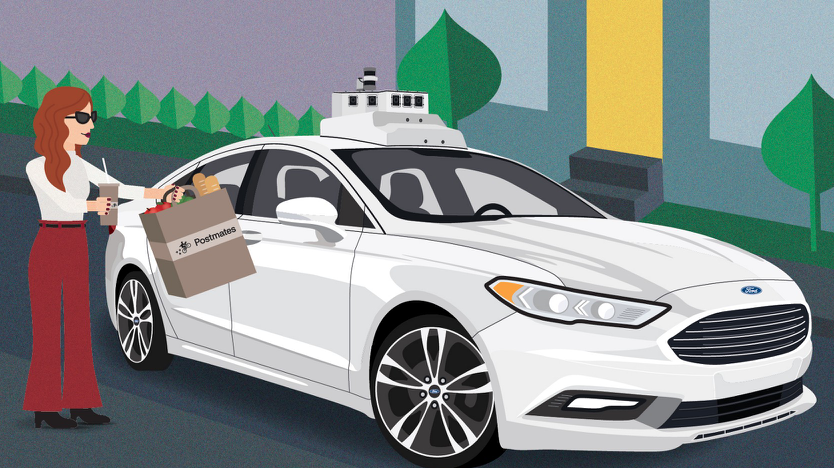 d Motor Co. announced a test project being conducted with the Postmates delivery service. City dwellers and workers can tap into the convenience of having deliveries made through a quick and easy process on their mobile device. It will support future efforts to deliver meals and store purchases to consumers though self-driving vehicles. Both the merchants and the consumers’ experiences will be explored during the test project.
d Motor Co. announced a test project being conducted with the Postmates delivery service. City dwellers and workers can tap into the convenience of having deliveries made through a quick and easy process on their mobile device. It will support future efforts to deliver meals and store purchases to consumers though self-driving vehicles. Both the merchants and the consumers’ experiences will be explored during the test project.
In late August, Ford began placing a self-driving test car through a trial project with Domino’s Pizza. Domino’s Pizza employees carried out pizzas for delivery in a Ford Fusion Hybrid Autonomous Research Vehicle in an Ann Arbor, Mich., test project. Users were able to track the delivery through Domino’s Tracker mobile app.
Ford safety engineers and a few other researchers went on these delivery rounds to make sure it was being carried out safely and accurately. Consumer opinions about the Domino’s ordering and delivery experience were also tapped into.
Postmates is distinct in the market for delivering just about anything – fast food, restaurant meals, groceries, and hardware store items. Much larger companies, such as Amazon, and exploring deliveries and forging their own alliances in all these areas.
Last year, Uber created an alliance with McDonald’s to bring Happy Meals and other menu offerings to those who order it. Automakers see huge potential in forging alliances with technology companies and mobility services like Lyft. Consumers and employers are showing high demand for specialized mobility services that remain fast, efficient, and affordable. It’s much better than being stuck in traffic and looking endlessly for a place to park.

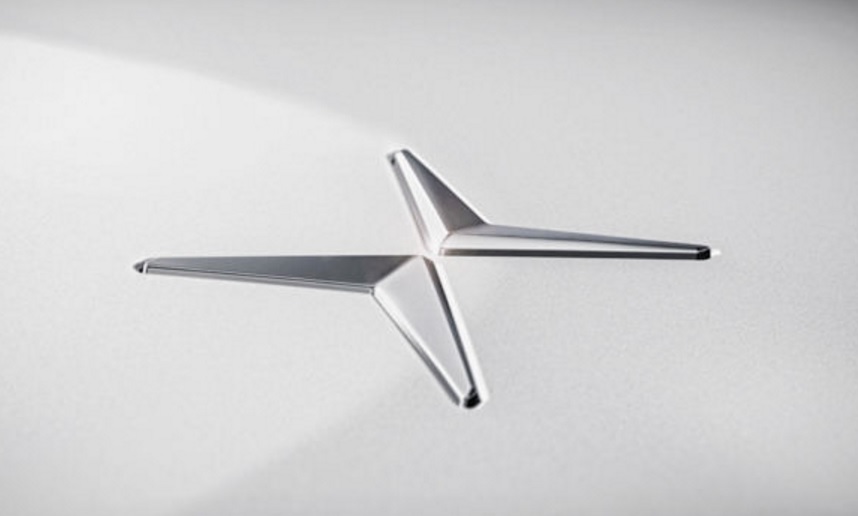 subscription service. The company said that since the launch in October, enthusiasm has been high enough to sell off the early production volume. The first model, the Polestar 1, will be start production in mid-2019 at a new factory in Chengdu, China. The monthly subscription cost will be $2,000 for the entry-level Launch package that covers registration, insurance, and maintenance, with no deposit required. The Polestar 1 has a 600 horsepower electric performance hybrid powertrain. It will be the longest running battery-only plug-in hybrid out there with the ability to go 150 kilometers (93.2 miles) on battery power.
subscription service. The company said that since the launch in October, enthusiasm has been high enough to sell off the early production volume. The first model, the Polestar 1, will be start production in mid-2019 at a new factory in Chengdu, China. The monthly subscription cost will be $2,000 for the entry-level Launch package that covers registration, insurance, and maintenance, with no deposit required. The Polestar 1 has a 600 horsepower electric performance hybrid powertrain. It will be the longest running battery-only plug-in hybrid out there with the ability to go 150 kilometers (93.2 miles) on battery power.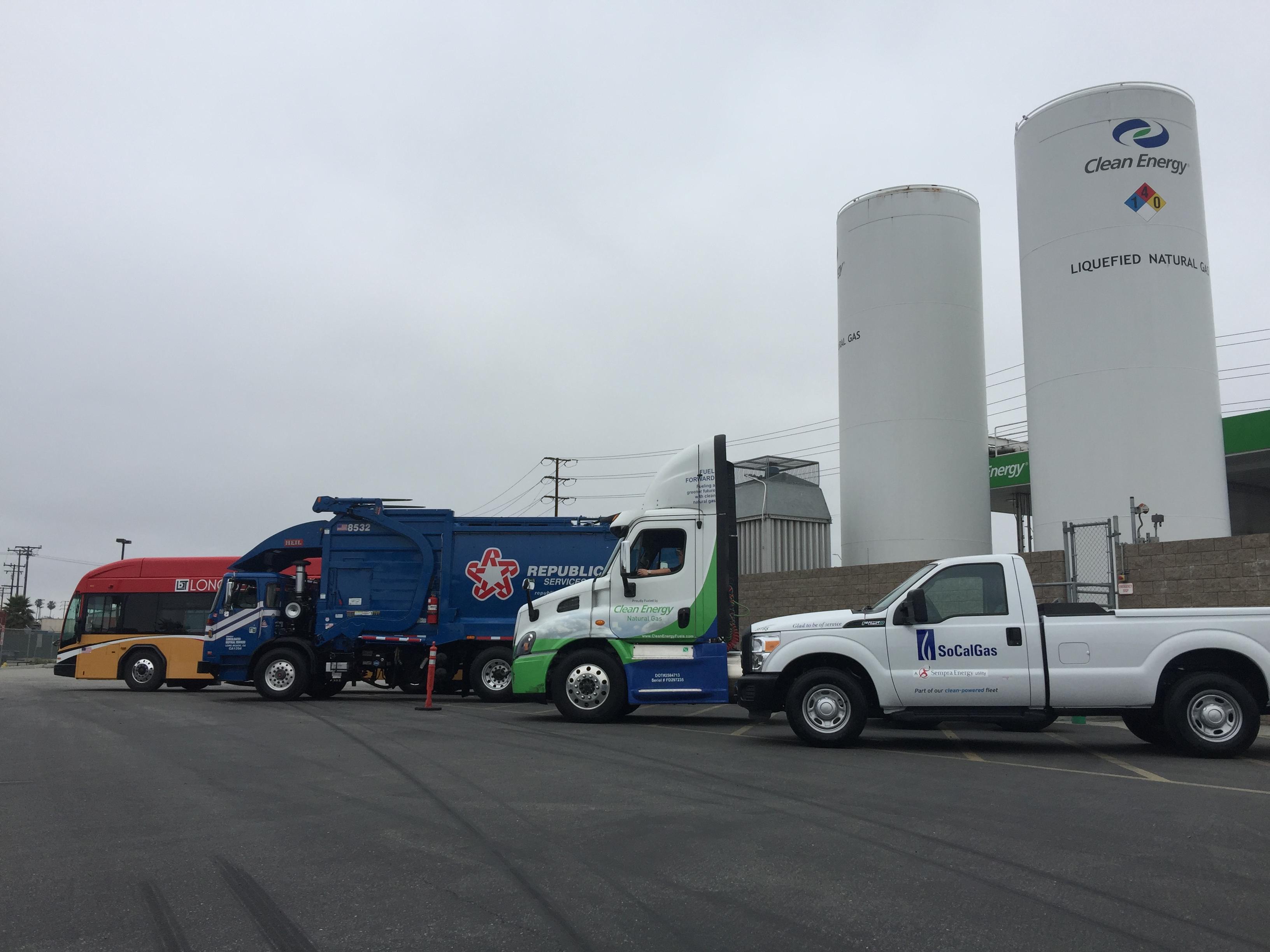 California Air Resources Board for its 2018 L9N and B6.7N natural gas engines. Both engines meet CARB optional Low NOx standards, as well as 2017 EPA greenhouse gas emission requirements. That makes them some of the cleanest engines available today for truck and bus customers, according to the company. It will be of interest to truck and bus fleets investing in powertrains for future vehicles tapping into the full emission-reduction benefits of renewable natural gas. The L9N is certified to the CARB optional Low NOx standard of 0.02 g/bhp-hr ‒ a 90% reduction from engines operating at the current EPA NOx limit of 0.2 g/bhp-hr, and is available with ratings from 250 to 320 horsepower and 1,000 lb.-ft. peak torque. The B6.7N is certified to the CARB optional Low NOx standard of 0.1 g/bhp-hr – a 50% reduction from current EPA levels. It’s available with ratings from 200 – 240 hp and 560 lb.-ft. peak torque.
California Air Resources Board for its 2018 L9N and B6.7N natural gas engines. Both engines meet CARB optional Low NOx standards, as well as 2017 EPA greenhouse gas emission requirements. That makes them some of the cleanest engines available today for truck and bus customers, according to the company. It will be of interest to truck and bus fleets investing in powertrains for future vehicles tapping into the full emission-reduction benefits of renewable natural gas. The L9N is certified to the CARB optional Low NOx standard of 0.02 g/bhp-hr ‒ a 90% reduction from engines operating at the current EPA NOx limit of 0.2 g/bhp-hr, and is available with ratings from 250 to 320 horsepower and 1,000 lb.-ft. peak torque. The B6.7N is certified to the CARB optional Low NOx standard of 0.1 g/bhp-hr – a 50% reduction from current EPA levels. It’s available with ratings from 200 – 240 hp and 560 lb.-ft. peak torque.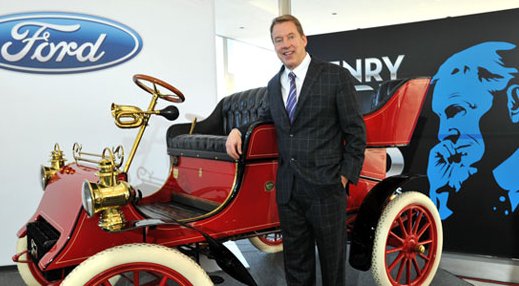 dialogue on the midterm review and beyond. Former EPA official Margo Oge sees Ford, a longtime environmental advocate, well suited to help California, the federal government, and automakers negotiate any flexibility needed through 2025 and to set a road map for 2030. Automakers had been able to have the Trump administration reopen the 2022-2025 midterm review after it had been approved right before the end of the Obama administration. The former EPA official sees it as a win-win for Ford’s stock price and for resolving a difficult issue. “I believe if he does that, we will see the investor community respond with a stock price increase in Ford because investors are looking for companies that are not behaving like the traditional OEMs with competition from Silicon Valley, Tesla and China,” Oge said.
dialogue on the midterm review and beyond. Former EPA official Margo Oge sees Ford, a longtime environmental advocate, well suited to help California, the federal government, and automakers negotiate any flexibility needed through 2025 and to set a road map for 2030. Automakers had been able to have the Trump administration reopen the 2022-2025 midterm review after it had been approved right before the end of the Obama administration. The former EPA official sees it as a win-win for Ford’s stock price and for resolving a difficult issue. “I believe if he does that, we will see the investor community respond with a stock price increase in Ford because investors are looking for companies that are not behaving like the traditional OEMs with competition from Silicon Valley, Tesla and China,” Oge said.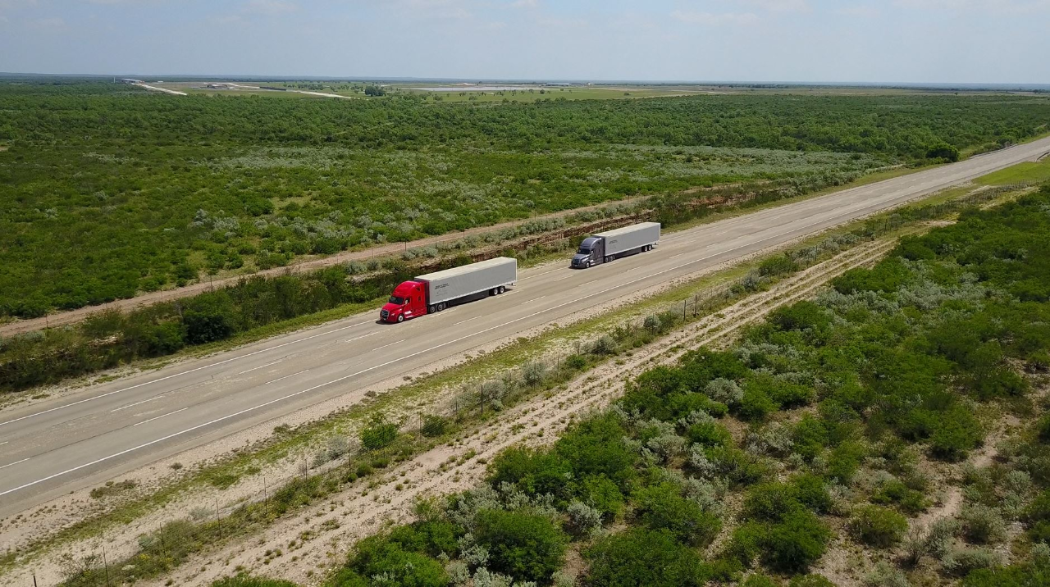 two trucks travel in tandem at distances closer than what is possible under normal driving conditions; as you can see in the photo. Daimler Truck engineers are overseeing a pilot project on Oregon and Nevada highways in cooperation with state officials. The company is also testing braking on a closed track at its High Desert Proving Grounds in Madras, Ore. Daimler Trucks is getting ready for a fleet trial early next year. “Platooning holds the potential to offer significant fuel economy advantages, while assisting drivers,” said Roger Nielsen, president and CEO, DTNA. “To be sure, the platooning technology is not meant to replace drivers – it’s designed to help drivers.”
two trucks travel in tandem at distances closer than what is possible under normal driving conditions; as you can see in the photo. Daimler Truck engineers are overseeing a pilot project on Oregon and Nevada highways in cooperation with state officials. The company is also testing braking on a closed track at its High Desert Proving Grounds in Madras, Ore. Daimler Trucks is getting ready for a fleet trial early next year. “Platooning holds the potential to offer significant fuel economy advantages, while assisting drivers,” said Roger Nielsen, president and CEO, DTNA. “To be sure, the platooning technology is not meant to replace drivers – it’s designed to help drivers.”